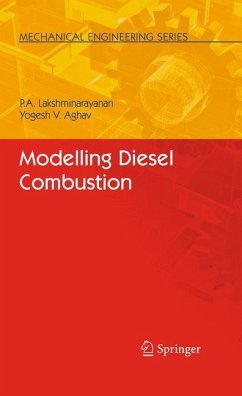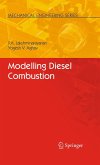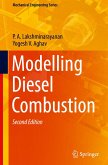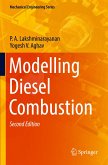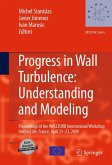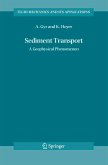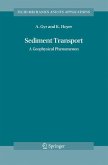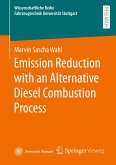Phenomenology of Diesel Combustion and Modeling Diesel is the most efficient combustion engine today and it plays an important role in transport of goods and passengers on land and on high seas. The emissions must be controlled as stipulated by the society without sacrificing the legendary fuel economy of the diesel engines. These important drivers caused innovations in diesel engineering like re-entrant combustion chambers in the piston, lower swirl support and high pressure injection, in turn reducing the ignition delay and hence the nitric oxides. The limits on emissions are being continually reduced. The- fore, the required accuracy of the models to predict the emissions and efficiency of the engines is high. The phenomenological combustion models based on physical and chemical description of the processes in the engine are practical to describe diesel engine combustion and to carry out parametric studies. This is because the injection process, which can be relatively well predicted, has the dominant effect on mixture formation and subsequent course of combustion. The need for improving these models by incorporating new developments in engine designs is explained in Chapter 2. With "model based control programs" used in the Electronic Control Units of the engines, phenomenological models are assuming more importance now because the detailed CFD based models are too slow to be handled by the Electronic Control Units. Experimental work is necessary to develop the basic understanding of the pr- esses.
Bitte wählen Sie Ihr Anliegen aus.
Rechnungen
Retourenschein anfordern
Bestellstatus
Storno

